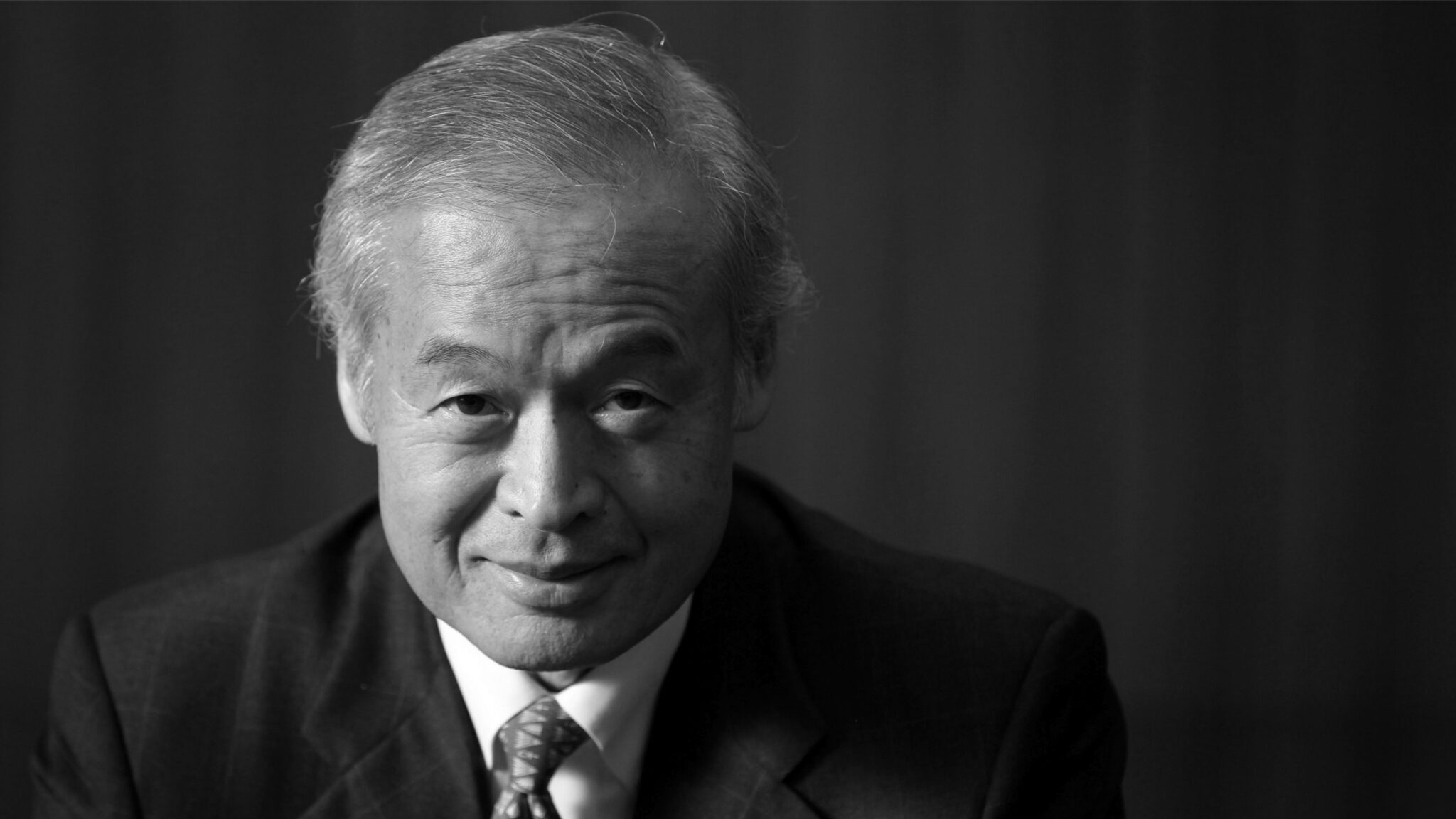
Tadataka Yamada (Photographer: Kiyoshi Ota/Bloomberg via Getty Images)
Science pioneer, pharma research chief, global health advocate and biotech entrepreneur Tadataka ‘Tachi’ Yamada has died
Tadataka Yamada, a towering physician-scientist who made his name in academia before transforming drug development at GlaxoSmithKline and developing vaccines for malaria and meningitis at …
Sign up to read this article for free.
Get free access to a limited number of articles, plus choose newsletters to get straight to your inbox.